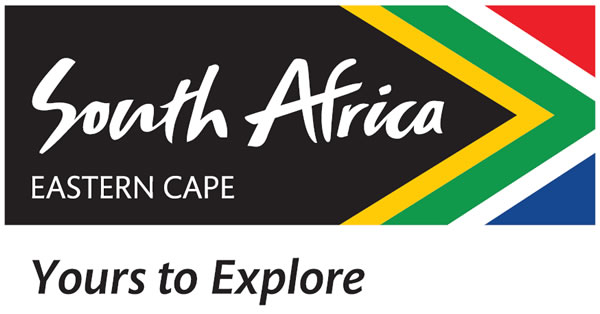Soul of the Safari: How a Ranger Became a Village’s Lifeline
Wednesday, 1st October 2025
Nomawethu Stuurman is not only South Africa’s first black female ranger — she is also the lifeline of a small Eastern Cape village called Seven Fountains. From her childhood in Alicedale, where she first fell in love with the wild, to breaking barriers in the safari industry, her journey has been nothing short of trailblazing. But it’s her pivot from conservation to community development that makes her story urgent and relevant today.
In a world where rural communities often feel forgotten, Nomawethu has built a blueprint for hope: crèches that give children a safe start, food gardens that feed families, sewing projects that empower women, and youth centres that connect young people to education and jobs. Her work shows how sustainability, dignity, and resilience can grow when leadership comes from within the community itself.
Seven Fountains is rising — and Nomawethu is at its heart. In this conversation, she shares the lessons, challenges, and vision that could inspire rural areas across South Africa, and even beyond, to take charge of their own futures.
In Conversation with Nomawethu Stuurman: Ranger, Builder, Visionary
Q: You were South Africa’s first black female ranger — how did that journey begin?
A: It started in Alicedale when Shamwari’s Born Free Project visited our school. They took us into the bush, and I felt completely at home. Growing up, I was always surrounded by animals — goats, cows, even the first dog in our family. Nature has always been my comfort.
Q: What was it like to break barriers in a male-dominated field?
A: It wasn’t easy, but I had role models like Zolani Mofu who showed me what was possible. At Pumba, I realized my passion was not only guiding tourists, but also working with communities around the reserves. That’s how the Pumba Foundation Trust began.
Q: Why was community development so important to you?
A: Because conservation and community are connected. If people around reserves don’t benefit, they won’t see value in protecting nature. I wanted to build something lasting — gardens, crèches, sewing projects — things that create skills and independence.
Q: What project are you most proud of?
A: The Youth Centre and IT project. Before, young people had to hike to Makhanda just to type a CV or apply for college. Now they have free access to internet, tablets, and printing right here. That’s empowerment.
Q: What lessons guide your leadership?
A: Patience, understanding, and confidence. Communities move at their own pace. As women, we sometimes doubt ourselves, but I always remind the women I work with to be confident, disciplined, and unafraid to learn. Mistakes are part of growth.
Q: What’s your vision for Seven Fountains?
A: Independence and dignity. That the women, youth, and children here will have skills, opportunities, and the confidence to stand on their own. Even if the Foundation no longer exists, the people will still carry the work forward.
A Call for Support
Seven Fountains has proven what is possible when communities are given tools, trust, and opportunity. Yet, the journey is far from over. From expanding food gardens to equipping schools and scaling women’s enterprises, the village still needs partnerships and resources — from both local and international supporters — to keep building on the progress made.
Through the Pumba Foundation, every contribution becomes a stepping stone to independence, dignity, and hope.
Get involved here.







